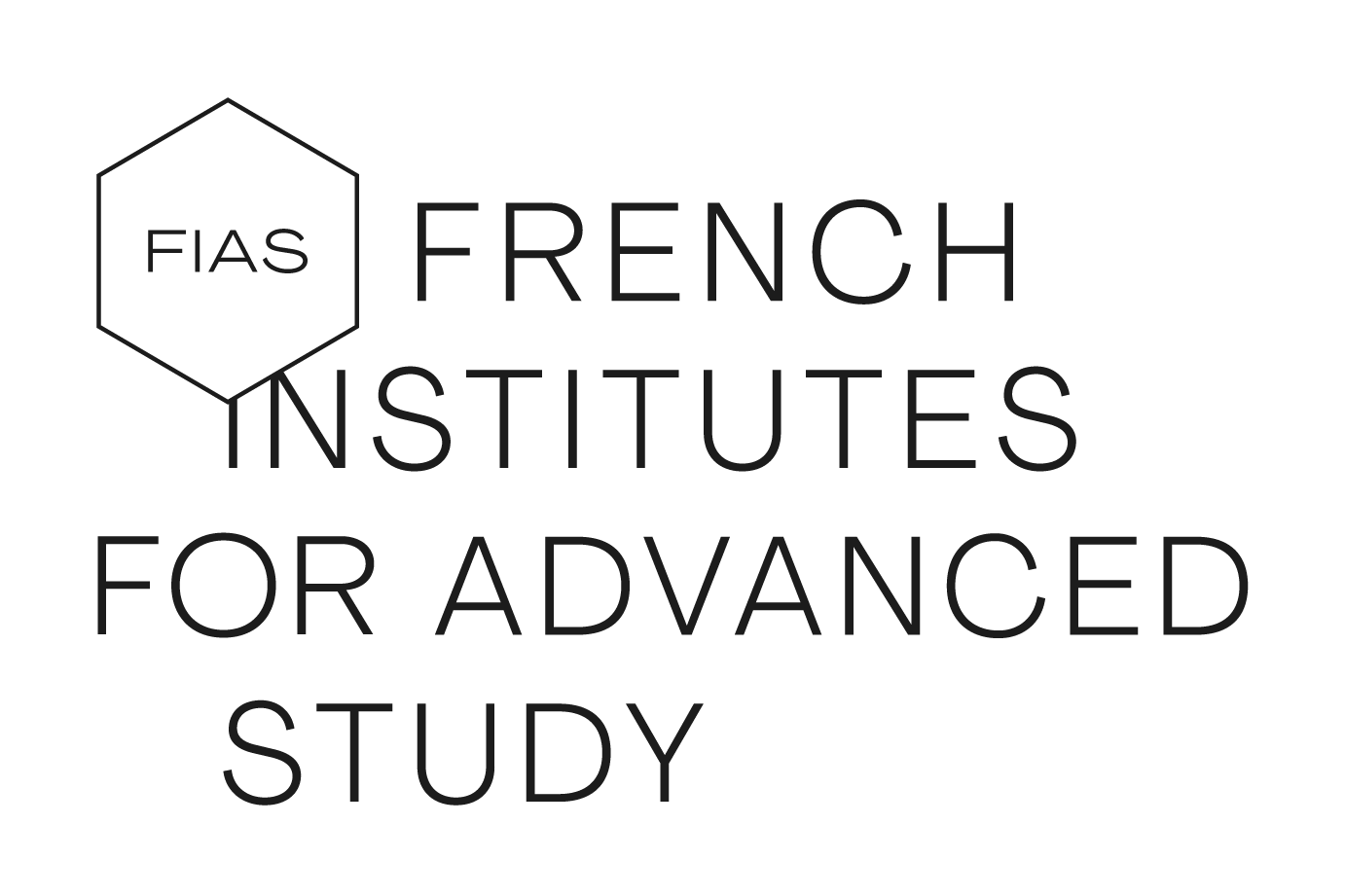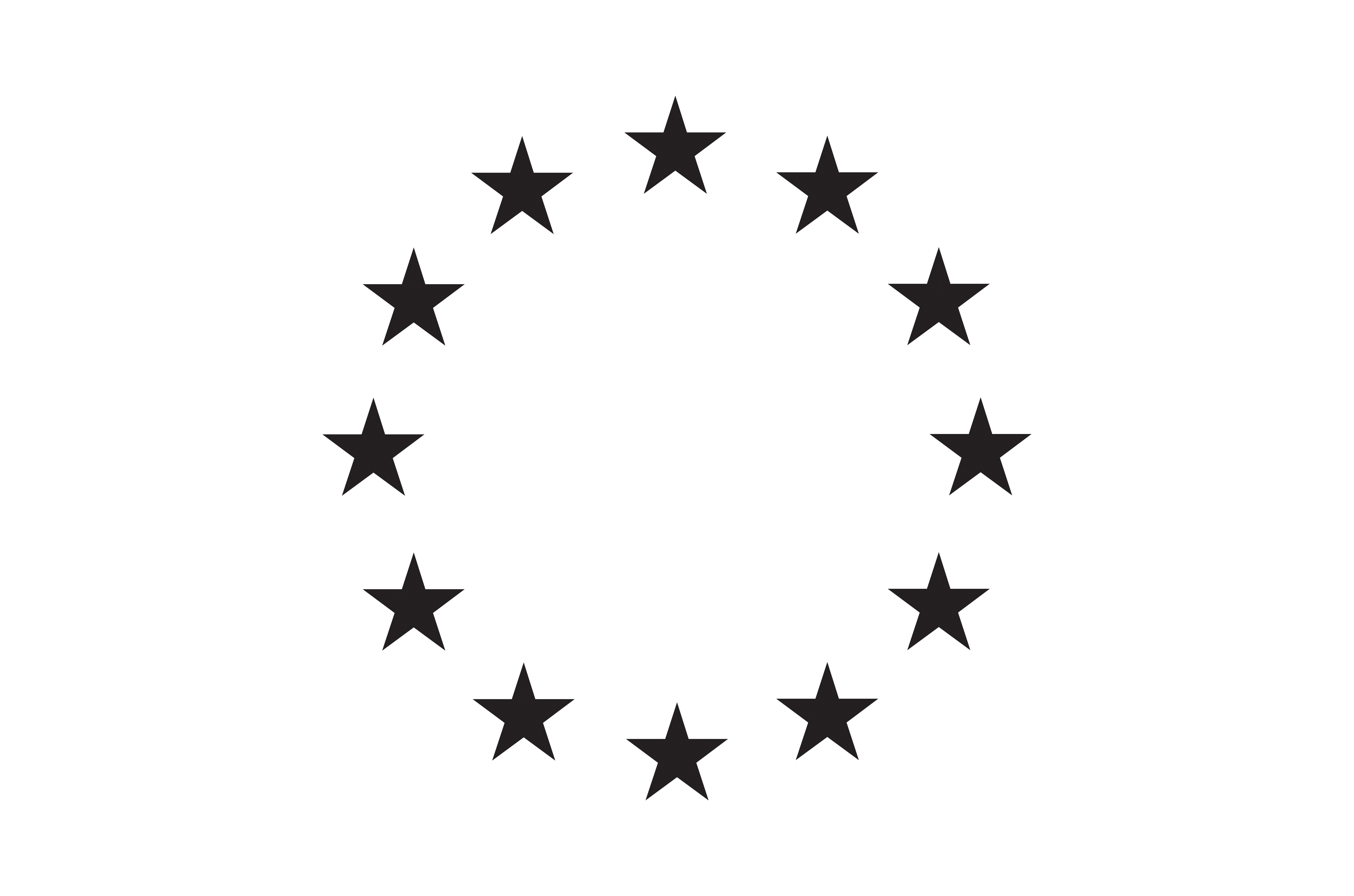Mathilde Cohen
Mathilde Cohen is the George Williamson Crawford Professor of Law at the University of Connecticut. Having graduated from the École normale supérieure and the Sorbonne in Paris as well as Columbia University in New York, much of her scholarship centers on disenfranchisement in French and U.S. legal cultures. Using multi-situated methodologies, her work has explored, among others, the reasons public institutions give to justify their decisions, judges’ identities, languages, and decision-making procedures, and understudied, embodied phenomena, such as eating and lactation, that directly impact the health and safety of adults and children. This approach has led her to ask essential questions about regulating food and body fluids. Mathilde examines these various topics at the intersection of constitutional law, comparative law, sociology, and other social sciences
In September 2024, she joins the Paris IAS as part of the French Institutes for advanced Study fellowship program - FIAS - co-funded by the European Union’s Horizon 2020 research and innovation programme under the Marie Skłodowska-Curie grant agreement No 945408. Her fellowship also benefits from the support of the RFIEA+ LABEX, with a national funding (Grant ANR-11-LABX-0027-01).

![]()

Research Interests
Constitutional law, food law, health law, gender and the law, prison law, courts and judges
“A Mother’s Milk Belongs to the Child.” A History of the Law of Human Milk in France between Technology, Gender, and Colonialism (1910-2024)
This project examines the institutionalization in France of a human milk banking system, that is, of the distribution of expressed milk rather than suckled directly from the breast. The process severs the physical link between the breastfeeder and the breastfed child through the intervention of medicine, technology, and law. From 1910 to 2024, the circulation of disembodied milk evolved from a form of welfare to “assist” destitute women and children into a biomedical system. After World War II, the practice was remodeled into a state-of-the-art medical service focused on the care of premature babies called “lactarium” (aka human milk bank). Law played a decisive role in this transformation—while the wet-nursing profession had primarily been the object of economic regulation rooted in work and competition law, banked human milk gradually came under the jurisdiction of health law, and later bioethics. Pediatricians largely shaped this shifting legal regime, which they saw as a means of combating infant mortality. Thus, in the space of a century, milk collection transformed from a paid job into an anonymous gift. The relations of domination that structure its practice, however, endured, particularly along the axes of class, gender, race, and species. The current state of the law, which since the early 1990s prohibits compensating donors for their milk, continues to stand in the way of the political and economic recognition of lactation as reproductive work.
Key publications
“Milk from Mars. Lab-Produced Human Milk and Its Regulation”, Food & Drug Law Journal, vol. 77, pp.6-50 (2022) (with Tanya Cassidy).
Making Milk. The Past, Present and Future of Our Primary Food (co-edited with Yoriko Otomo, Bloomsbury, 2017).
“The Linguistic Design of Multinational Courts. The French Capture”, International Journal of Constitutional Law, vol. 14, pp. 498-517 (2016).
|
Conference by Mathilde Cohen (University of Connecticut, Paris IAS) as part of the "Sciences sociales et alimentation" seminar (2024-2025) organized by the ENS Intervention de Mathilde Cohen, résidente 2024-2025 de l'IEA de Paris, dans le cadre de journées d'études organisées par l'École du Louvre, en partenariat avec les Amis du Musée des nourrices et des enfants de l'Assistance Publique |
|
|
|
|


